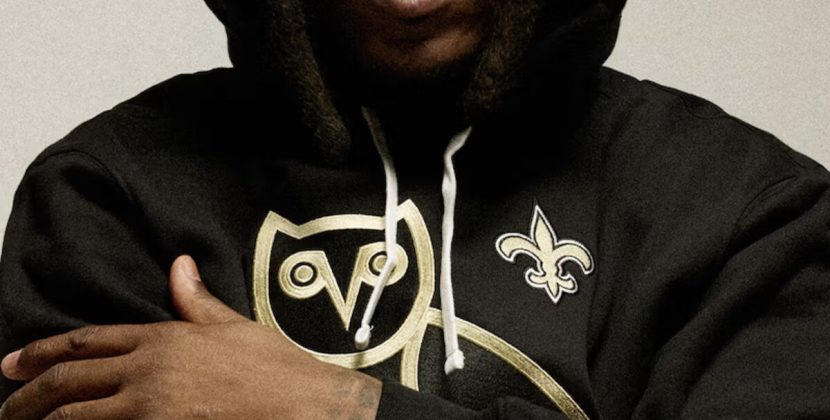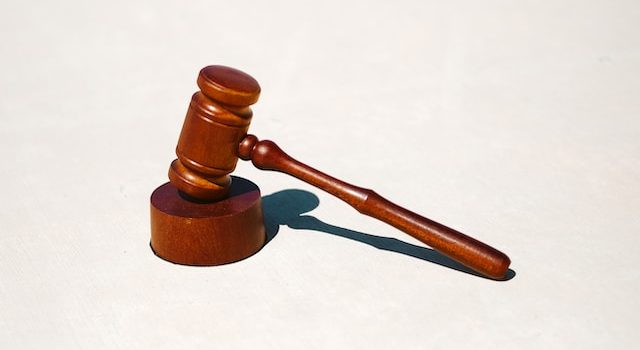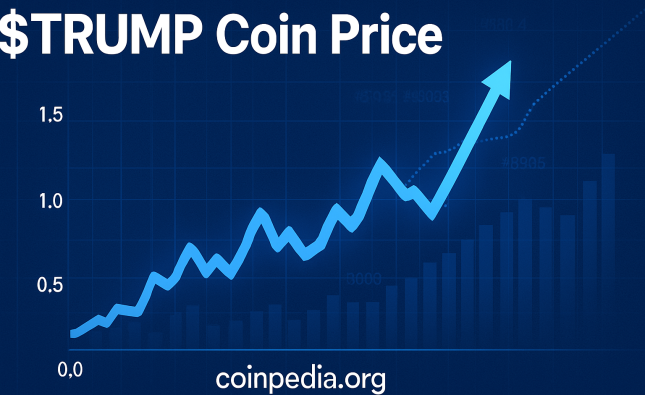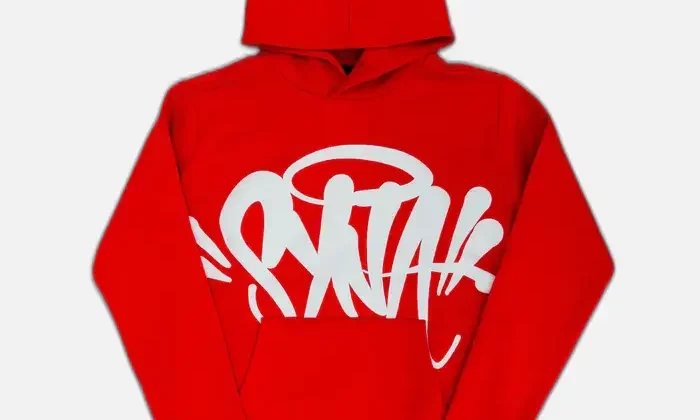
No More Apple Watches: The Shocking Decision That Rocked the Tech World
Introduction: Meet the Author
Hello, dear readers. I’m John Smith, a seasoned blog writer and a tech enthusiast. I’ve been following the latest developments in the tech industry for over a decade, and I’m always eager to share my insights and opinions with you.
Today, I have some shocking news to share with you. You may have heard that the US government has banned the import of the latest Apple Watch models, the Series 9 and the Ultra 2, due to a patent dispute with a medical technology company called Masimo. This means that Apple can no longer sell these watches in the US, and customers who already bought them won’t be able to get them repaired or replaced by Apple.
This is a huge blow to Apple, which has dominated the smartwatch market for years, and a big win for Masimo, which claims that Apple stole its technology for blood oxygen monitoring. But how did this happen? And what does it mean for the future of smartwatches and wearable technology? In this article, I’ll explain everything you need to know about this shocking decision that rocked the tech world and the public.
How the Apple Watch Ban Came to Be
The story of the Apple Watch ban begins in 2013, when Apple approached Masimo, a California-based company that specializes in non-invasive monitoring devices for medical purposes. Masimo had developed a technology called Signal Extraction Technology (SET), which uses light sensors to measure blood oxygen levels, heart rate, and other vital signs.
Apple expressed interest in partnering with Masimo, and even invited some of its executives and engineers to visit its headquarters. Masimo believed that Apple wanted to use its technology for its upcoming smartwatch, which was rumored to have health and fitness features. However, Masimo claims that Apple had ulterior motives, and that it used the meetings to poach some of its key employees and steal its trade secrets.
In 2020, Apple launched the Apple Watch Series 6, which featured a blood oxygen sensor that used a similar technology to Masimo’s SET. Masimo sued Apple for patent infringement, and also filed a complaint with the US International Trade Commission (ITC), which has the power to ban the import of products that violate US patents.
In January 2021, the ITC ruled in favor of Masimo, and found that the Apple Watch Series 6, as well as the Apple Watch Ultra, which was launched in 2021, infringed on two of Masimo’s patents. The ITC ordered Apple to stop importing and selling these watches in the US, unless President Biden intervened and vetoed the decision. However, Biden decided not to intervene, and the ban went into effect on December 26, 2021.
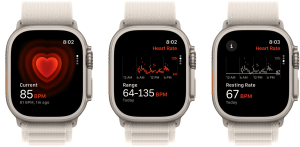
The Impact of the Apple Watch Ban on the Tech Industry and the Public
The Apple Watch ban has caused a major uproar in the tech industry and the public, as it affects millions of customers and billions of dollars in revenue. According to market research firm IDC, Apple shipped 36.4 million Apple Watches in 2021, accounting for 31.7% of the global smartwatch market. The US is Apple’s biggest market, and the ban could cost the company up to $4 billion in lost sales, according to analysts.
The ban also affects Apple’s ability to service and replace the affected Apple Watch models, which include the Series 6, 7, 8, 9, and Ultra. Apple has informed its customers and employees that it will no longer be able to repair or exchange these watches, even if they are under warranty or AppleCare+. Customers who have broken or defective watches will have to wait until Apple resolves the patent dispute with Masimo, or find alternative solutions.
The ban has also sparked a public outcry, as many customers feel betrayed and frustrated by Apple’s actions. Some customers have accused Apple of being dishonest and unethical, and have expressed their anger and disappointment on social media and online forums. Some customers have also threatened to boycott Apple products, or switch to other brands of smartwatches, such as Samsung, Fitbit, or Garmin.
The ban has also raised questions about the role of the ITC and the patent system in the tech industry, and whether they are fair and effective. Some critics have argued that the ITC has too much power, and that it should not be able to ban products that are widely used and popular. They have also claimed that the patent system is broken, and that it stifles innovation and competition, and allows patent trolls to exploit and harass legitimate companies.
On the other hand, some supporters have defended the ITC and the patent system, and have praised them for protecting the rights and interests of inventors and innovators. They have also argued that Apple deserves to be punished for infringing on Masimo’s patents, and that it should respect and compensate Masimo for its technology.
The Future of Smartwatches and Wearable Technology
The Apple Watch ban is not the end of the story, as Apple has vowed to fight back and appeal the ITC’s decision. Apple has also said that it is pursuing a range of legal and technical options to ensure that the Apple Watch is available to customers in the US as soon as possible. Apple has also expressed confidence that it will prevail in the patent dispute with Masimo, and that it will continue to innovate and improve its products.
However, the Apple Watch ban is also a wake-up call for Apple and the tech industry, as it shows that the smartwatch and wearable technology market is not a one-horse race, and that there are other players and factors that can challenge and disrupt the status quo. The ban could also open up new opportunities for Apple’s competitors, such as Samsung, which has been eyeing the smartwatch market for a long time, and has recently launched its Galaxy Watch 5, which also features a blood oxygen sensor.
The ban could also inspire new entrants and innovations in the smartwatch and wearable technology market, as it creates a demand and a gap for products that can offer similar or better features and functions than the Apple Watch. The ban could also encourage more collaboration and cooperation among different companies and stakeholders, as they seek to create and share solutions that can benefit the customers and the society.
The smartwatch and wearable technology market is still young and evolving, and the Apple Watch ban is just one of the many twists and turns that it will face in the future. The ban is a shocking and dramatic event, but it is also a catalyst and a challenge that could lead to more exciting and amazing developments in the field. As a tech enthusiast and a blog writer, I can’t wait to see what happens next, and I hope you’ll join me in following and exploring this fascinating and dynamic topic. Thank you for reading, and stay tuned for more updates and insights.

